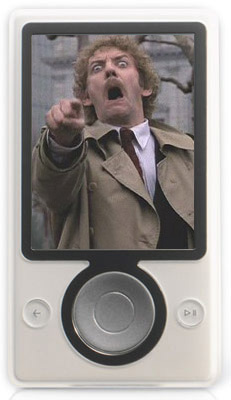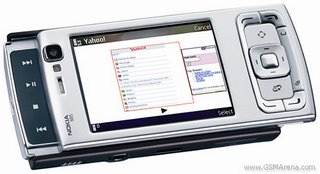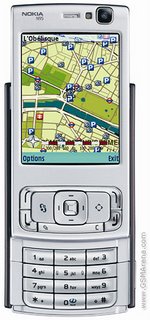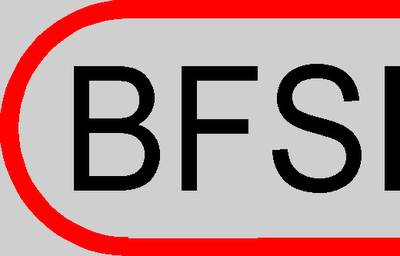

It's 2015 and Microsoft has killed the iPod. The distinctive grey headphones of Zune players are pushed into the ears of commuters across the city. The iPod is a nostalgic memory, like Space Hoppers or Pet Rocks. Those who followed the MP3 player wars of the last decade remember Microsoft's daring assault on Apple.
It began in the summer of 2007, when Microsoft offered to let iTunes users download any songs they already owned for free from Microsoft's new online music store. The public needed a powerful incentive to switch to the newly released Zune, but for many users, even this was not enough. The iTunes system worked well, and the iPod was the only MP3 player with exclusive rights to the Clickwheel interface -- the only realistic way of scrolling though hundreds of songs. Microsoft needed a new line of attack.
In the summer of 2008, riled by the critical slating of Vista and determined to make a comeback, Microsoft launches its new campaign. Top executives in MS privately note that the company had survived both anti-trust legislation and copyright battles in the past. So Microsoft decides to use the biggest gun in its armoury. It will use the same tactic it allegedly used to defeat rival OS DR-DOS in 1991.
A Windows Vista update becomes available at the end of 2008. Microsoft claim this is an 'essential security fix' for all Windows machines. Over the next few months, Windows users notice that their iPods are behaving erratically. Song transfers are unreliable and iTunes often loses tracks, sometimes corrupting an entire library of songs.
In early 2009, Apple sues Microsoft, claiming that the company is inserting code into its OS that purposely corrupts iTunes. Microsoft refutes the claims, but refuses to reveal the code behind Vista, arguing that to do so would violate DMCA law. The judge sides with Microsoft and Apple's market share nosedives.
And so here we are, in 2015, sat on a train, grey headphones in our ears, Vista on our computers. We make phone calls with Microsoft phones, our cars are powered by Microsoft propulsion units, our voting mechanisms are administered by Redmond.
A man opposite you reaches into his pocket and draws out a small white box with white headphones attached. It looks oddly familiar -- a distant memory flickers. Slowly, the whole carriage turns and points at the man. Then the shrieking begins.






